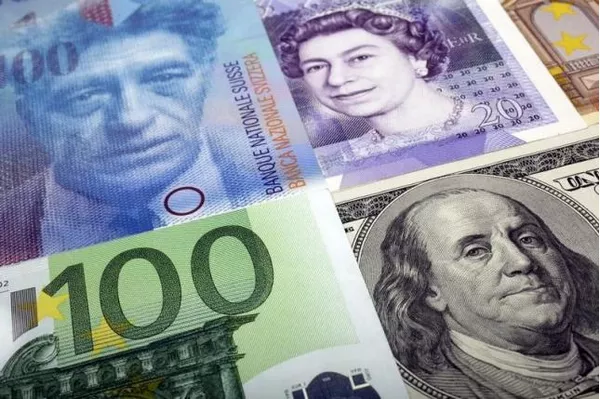The GBP/JPY currency pair has been making headlines in the forex market lately due to its recent volatility. Traders and investors have been closely watching this pair, trying to decipher the underlying causes of its fluctuations.
In this article, we’ll take a closer look at what happened to GBP/JPY, exploring the factors that have influenced its movement in the markets.
Brexit Woes
One of the primary drivers of the recent volatility in GBP/JPY is the ongoing uncertainty surrounding Brexit. The United Kingdom’s departure from the European Union has created a significant amount of economic and political instability, which has had a knock-on effect on the value of the pound.
Moreover, the GBP/JPY has been experiencing increased volatility since the end of last year. The Brexit deal agreed towards the end of 2020 brought relief to the pound and led to a rally in the sterling. However, concerns about the application of the Northern Ireland Protocol saw the pound slide again.
COVID-19 Pandemic
Another critical factor that has impacted the GBP/JPY currency pair is the ongoing COVID-19 pandemic. Despite being hit hard domestically by the virus, Japan’s relatively successful management of the outbreak has helped boost the yen’s appeal to investors.
On the other hand, the UK’s handling of the pandemic has been much more uncertain and controversial. This has contributed to greater uncertainty and volatility in the pound, which has weakened against the yen.
Central Bank Policies
The decisions made by central banks can also have a significant impact on the value of different currencies. In the case of GBP/JPY, both the Bank of England and the Bank of Japan have implemented policies that have affected the exchange rate between the two currencies.
For example, the Bank of England lowered interest rates to help stimulate the economy in response to the pandemic. Lower interest rates typically make a currency less attractive to investors, which can lead to a decrease in the currency’s value.
Meanwhile, the Bank of Japan has maintained its policy of negative interest rates for many years. This means that investors have to pay the central bank to hold their money, which has led to a lack of appeal for the yen among foreign investors.
Trade Relations
Finally, the state of trade relations between the UK and Japan can also play a role in the movement of GBP/JPY. The two countries are important trading partners, and any changes in their economic ties can impact the exchange rate between their respective currencies.
For example, as the UK seeks new trading partners following its departure from the EU, it may look to strengthen its trade relationship with Japan. If successful, this could boost the pound’s value against the yen.
Conclusion
In conclusion, several factors have contributed to the recent volatility in the GBP/JPY currency pair. These include ongoing Brexit uncertainty, the COVID-19 pandemic, central bank policies, and trade relations between the UK and Japan.
Traders and investors looking to trade this pair should keep a close eye on these factors, as well as any other news or events that could impact the value of these currencies. By staying up-to-date on market developments and understanding the underlying causes of currency movements, traders can make more informed decisions and potentially benefit from opportunities in the forex market.


